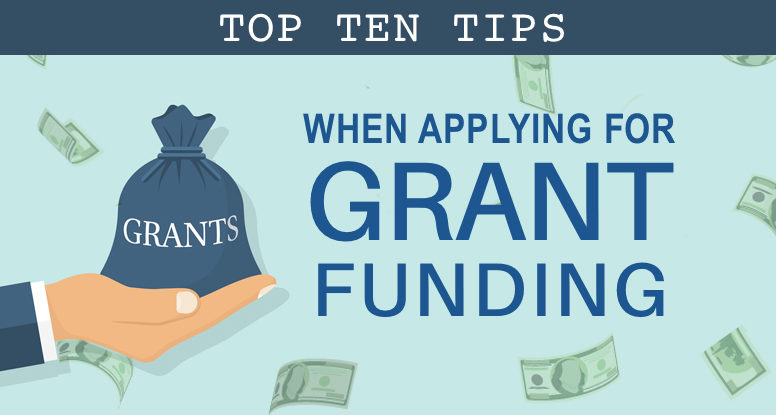
Top 10 Tips When Applying for Grant Funding
As someone who has written grants for over 14 years, I am familiar with the ups and downs that go along with the grant-seeking process. There is always a great deal of excitement when building relationships with funders and finding new opportunities, but there are also many uncertainties. After years of doing this work as a nonprofit employee and now as a nonprofit consultant, I am offering some tips and considerations when preparing grant applications.
-
- Timing – A rushed application is never suggested. While the grant writing process is deadline-driven, a more strategic approach will ensure greater success in the long run.
- Readiness – Have you evaluated your organization’s readiness to seek and obtain grant funding? The grants landscape is quite competitive, and if you do not have the essential programmatic, financial, strategic planning, and/or evaluation measurement information available, you will be at a disadvantage.
- Research – The most important part of the grant-seeking process is not the writing but the actual prospect research. Make sure that you have an understanding of your funders’ priorities, needs, geographic preferences, and eligibility requirements.
- Cultivation – Most people think that grant writing is a standalone process, but this is a fallacy. A large majority of grants are awarded not based on the proposal itself but on the pre-award cultivation and relationship building that takes place with prospective funders. Are you reaching out to them to learn more about their interests and to introduce your organization to funders? This is a partnership and should not be viewed as a one-sided relationship.
- Resources – Do you have adequate staffing, technology, and infrastructure to complete grant tasks? What resources are lacking, and what can you leverage from pro bono support or other collaborative partners?
- Grant Mapping – It is never a good idea to change your programs in order to adhere to a funder’s requirements. Your organization’s fundraising strategy should be based on a strategic plan that guides your work and aligns with the mission.
- Budget – The budget is a key driver throughout this process and showcases your organization’s needs through numbers. Not only should your budget outline potential income sources, but it should also provide an understanding of how grant funds will be spent upon award.
- Accomplishments – What makes your organization stand out? What are the main differentiators? The articulation of these accomplishments will provide context as to why funders should support your organization’s work and separate you from peer organizations.
- Data Management – Funders like to focus on outcomes and impact. What are you doing to measure your organization’s impact and mission? While the tools need not be sophisticated, they should be able to provide funders with an understanding of how you are measuring success. If these tools are not in place, you will need to describe how you will ensure your organization becomes outcomes-driven and uses lessons learned to modify programs.
- Project Management – In addition to grant writing, there is prospect research, funder cultivation, grant reporting, tracking, evaluation measurement, and an assortment of other tasks. These require multiple individuals and should not be left to just one person. The use of online project management software or fundraising software can help manage deadlines and ensure targets are achieved. As a Certified Project Management Professional, I have developed tools for clients to help them with this process.
What will you do to prepare yourself for success? What tools do you have at your disposal? A thoughtful approach to this work is always your best bet.
Guest Post by Rachel Werner, the Owner and CEO of RBW Strategy, LLC, Rockville, MD. She provides grant writing, grants management, project management, and strategic planning support to nonprofit organizations and government agencies. She is also a Certified Grants Professional, Certified Project Management Professional and holds a certificate in Grants Management
